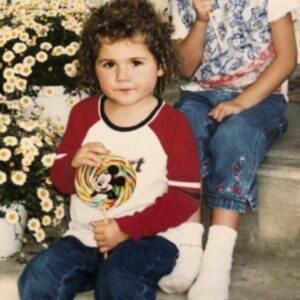
Professor Tyler Daniels (Christine Powers)
By Kersten Marchese
“Everyone is a little autistic.”
Do you have social anxiety?
You’re autistic.
Are you an introvert?
You’re autistic.
Are you good with numbers or loved trains as a kid?
You’re autistic.
Are you a history buff?
You’re autistic.
You might have heard these sentiments flying around TikTok, other social media outlets or elsewhere.
But are they true?
No.
According to the Statistic and Diagnostic Manual of Mental Disorders Vol. 5, autism is a developmental disability. For a medical professional to diagnose an individual with autism spectrum disorder, various criteria must be met, including persistent deficits in social communication and interaction across multiple contexts; restricted repetitive patterns of behavior, interests, or activities; symptoms being present in the early development period; and symptoms causing clinically significant impairment in social, occupational, or other important areas of functioning.
People diagnosed with autism are divided into three subtypes, depending on how much their functioning is affected: Level 1 autism: needs support; Level 2 autism: needs substantial support; Level 3 autism: needs very substantial support.
Tyler Daniels, a communications and voice-acting professor at 4Cs, has autism. He says he knew his brain worked differently from others ever since he was in the public-school system.
“I always felt like an observer, and never like I was ‘one of them’ (the other students),” he says.
Daniels expresses admiration for his social-worker mother, who supported him.
“With her I always felt like I belonged,” he says.
Daniels’ advice for other neurodivergent teachers?
“Well, if you can look in the mirror and say, ‘I did a good job’ or ‘I made a difference,’ that’s what it’s all about.



